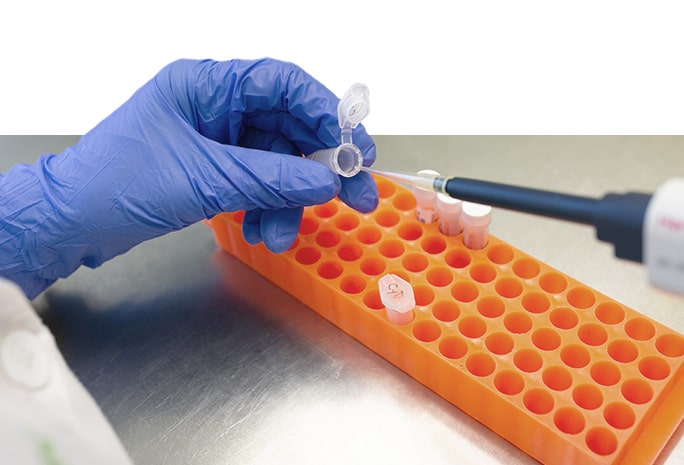
There are numerous studies that have shown the persistence of viruses in aquatic environments and wastewater treatment plants.
In sewage, human waste is mixed with domestic, industrial and sewage water, so virus particles are only found in low concentrations, just like in other potentially contaminated water bodies. The detection of these viruses through a process of viral concentration and genetic analysis by RT-qPCR in bodies of water, wastewater and sewage sludge is possible and, in addition, it offers information of vital importance for health management.
Given the experience gained during the years of the COVID-19 pandemic, the EU has issued a recommendation for the Member States in the field of surveillance of SARS-CoV-2 and its variants in wastewater, which can be a source of cost-effective, fast and reliable information on the spread of SARS-CoV-2 among the population and that can constitute a valuable part of a reinforced genomic and epidemiological surveillance. Wastewater monitoring should be considered a complementary and independent approach to COVID-19 surveillance and detection strategies.
At Iberogen we have developed a real-time RT-PCR (RT-qPCR) protocol to identify the presence of the virus in wastewater and sewage sludge. The system used in the analysis has the same sensitivity as the tests carried out in hospitals for COVID-19 patients, but adapted to the analysis of water and mud. Virus detection requires a sample concentration step to allow detection of viruses.
This environmental surveillance tool is designed to help the authorities coordinate the de-escalation strategy for the COVID-19 pandemic and to detect possible outbreaks early, making it easier for health systems to make appropriate preventive decisions.

In continuous search for new challenges and goals to consolidate my personal and professional growth that leads me to continue advancing through my perseverance, continuous learning, commitment and passion in all the projects in which I participate.